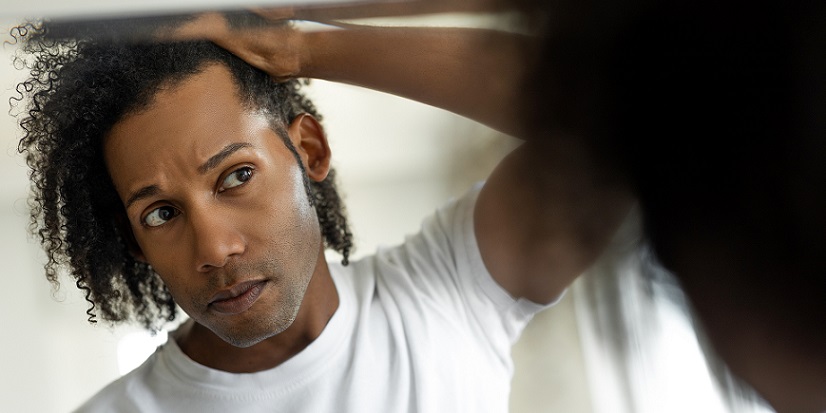
The latest research estimates that, as of July 2022, more than 80 percent of Americans may have been infected with COVID. The good news is that with vaccines and the milder variants now circulating, most people are able to recover at home without having to be hospitalized. And now that it has been around for a while, most of us know what to look for and what to expect during a bout of the virus. However, after the fever and body aches have gone away, you may be surprised by some of the lingering issues COVID can leave behind, including:
- Hair loss – Ask any hairdresser and they’ll tell you that post-COVID hair loss is real. Anytime your body fights an infection or major stressor, there’s a chance it can trigger telogen effluvium, which is when more hair than normal is in the shedding phase. It usually happens a few weeks to a few months after a fever or stressful event and can last for 2-6 months before it stops and your hair begins to grow back. Seeing clumps of hair in the shower or thinner spots on your scalp can be emotional or even traumatic, but it’s important to remember that it’s likely temporary. If the shedding continues beyond 6 months or if you just want to be sure there’s nothing else going on, talk to your primary care physician about running some tests to look for nutritional or hormonal issues that could be contributing to your hair loss.
- Alcohol intolerance – The research on this symptom isn’t clear yet, but there are a lot of anecdotal reports in COVID support groups about reduced tolerance for alcohol after recovery. Some people report feeling sick after just a few sips of alcohol, while others say they notice that they feel unreasonably bad the day after drinking. Because there’s not a lot of data on this symptom yet, we don’t know if this is a temporary issue or if it’s even truly connected to the virus. However, if you notice health issues during or after drinking, your best bet is to refrain from alcohol as much as possible and talk to your doctor about what you’re experiencing.
- Insomnia – Many COVID survivors report trouble falling asleep or staying asleep after their illness. Sleep is critical in reducing inflammation - something COVID is notorious for creating - so it’s important that you talk with your doctor about sleep issues as soon as you notice the pattern. They may recommend a sleep study to find out more.
- Brain fog – Fogginess or trouble concentrating is one of the most common post-COVID symptoms reported. Usually, it slowly gets better over a few weeks or months, but there are reports of brain fog lasting much longer. If you notice cognitive issues affecting your daily life, it’s worth making an appointment with your doctor to go over your symptoms and rule out other causes.
- Changes in menstrual cycle – Some studies show that up to 40% of women notice changes in their periods after COVID. Some women find that their cycles become less predictable, while others say they’re heavier or that cramps are more intense. Research is ongoing about how long these effects last, but many have reported that their cycles returned to normal after a few months. It’s always a good idea to bring up any menstrual issues with your gynecologist.
Other lingering symptoms of COVID can include fatigue, rapid heart rate, depression, anxiety and joint pain. If you’re experiencing post-COVID symptoms that impact your daily life, you don’t have to wait it out. While we’re still learning about how to treat long COVID, there are treatments that can help manage your symptoms and quality of life.



